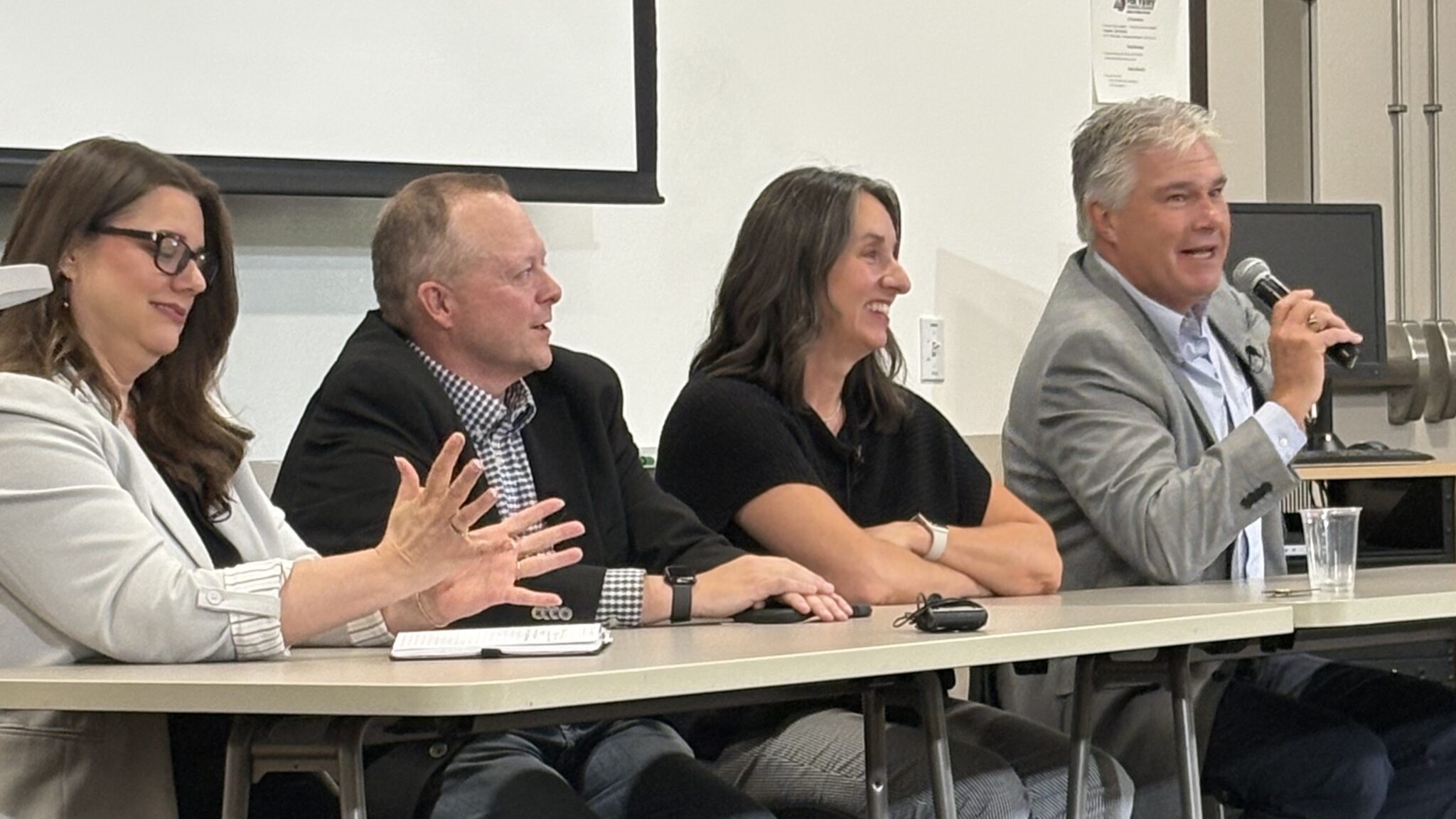Home » Battleground Wisconsin » Panelists press for early processing of absentee ballots

Rep. Scott Krug said he hopes to introduce a bill in the next couple of months to allow election clerks to process absentee ballots earlier, avoiding election night “ballot dumps.” The Arkdale Republican said at a June 20 WisPolitics event on elections administration in Appleton he’s already been talking to the governor’s office and other lawmakers about the bill. A similar bill passed the Assembl...